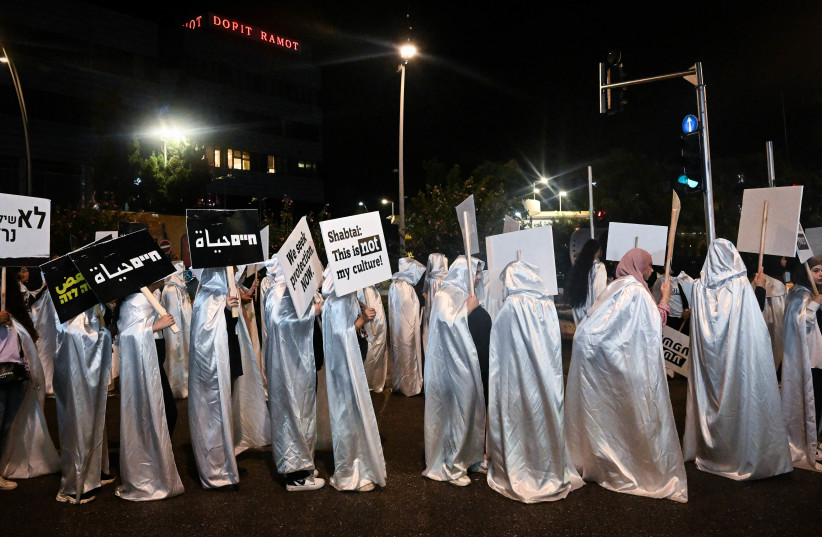The Interior Ministry and Israel Police couldn't agree on who is responsible for keeping political candidates safe during the municipal elections in a committee meeting on Monday as political candidates in the Arab sector continue to be targeted by criminal organizations.
During the committee, which discussed preparations for the municipal elections that will be held at the end of October, the police claimed that the Interior Ministry is responsible for supplying a budget for the police to secure the candidates, but the Interior Ministry said all the responsibility falls on law enforcement because the candidates are civilians.
Committee Chairman MK Yakov Asher and Israel Police representative at the meeting Cmdr. David Shriker concluded that a solution would have to be found.
"The commissioner isn't ignoring this," said Shiri. "Israel Police is responsible for public safety. We'll solve the problem."
Asher added that "it's inconceivable that in the most difficult times, because of an argument over budgets, civilians will have to think twice about going into politics and serving the public. If the police and the Interior Ministry are disagreeing, they need to find a solution fast."

"For clear reasons, we don't comment on the risk levels assigned to people or the security cost they come with," said Israel Police in response to a request for comment. "When it comes to threatened people regarding any incident or other, Israel Police holds a special situation assessment from time to time to assess the risks, determine risk levels, and set the security budget needed for public servants who are threatened."
Clashes over crime
The disagreement comes as local candidates feel unsafe as four local politicians in the Arab sector have been targeted in the past couple of weeks.
Two candidates were killed in murders in Tira and Abu Snan in August, while a candidate in Nazareth was wounded last week. A couple of days later, shots were fired toward the home of Tamra's mayor, but no one else was hurt.
Multiple Arab political candidates told Ynet on Sunday that they would have to consider carefully whether they would run in the elections because they need to think about their own safety.
Activist Ihab Jabareen told Ynet that he had even decided not to take any part in the elections at all this time even though he has actively supported one of the council candidates for years.
"The candidates this year are in great danger, and I'm not willing to cooperate with this injustice," he said.
The Arab sector blames the government for these shootings as the number of Arabs murdered in Israel this year has more than doubled compared to 2022. According to the Abraham Initiatives, 166 Arabs had been murdered in Israel as of Saturday compared to 72 at the same time last year.
"The Israeli government is responsible for what is happening here, and Israel Police has no operative plan to eradicate the violence," Kfar Kara Mayor Farras Badahi charged on Sunday after a sheikh in the town was murdered.
He added that the Arab sector would have to take matters into its own hands to keep its people safe.
"This means that we'll strike on Tuesday and we'll consider turning to international institutions like the UN to get help and intervention," said Badahi. "We feel like a foreign government leads us and not the State of Israel. In the Arab streets, there is no law and order. There is only commotion."
